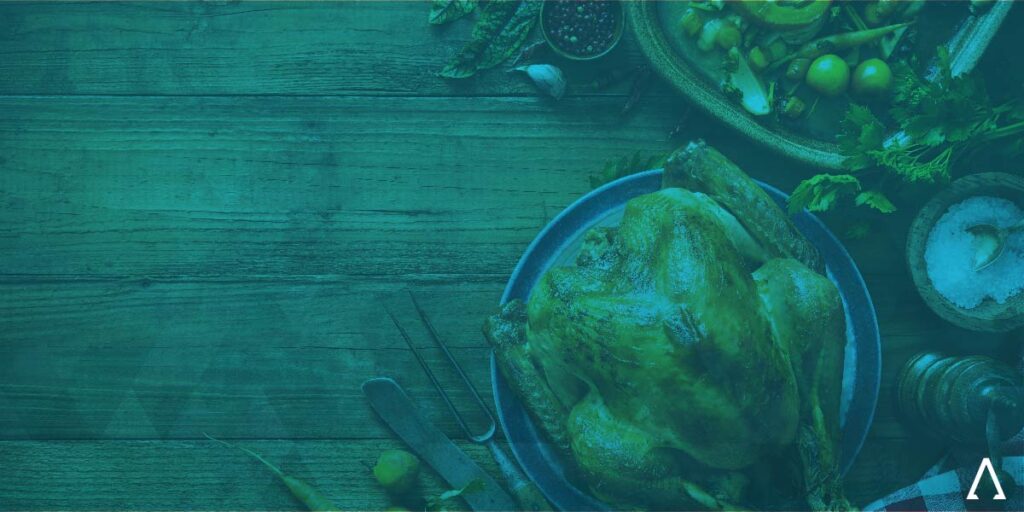With COVID-19 still in our midst, it’s unclear how this Thanksgiving will look. Still, the next month—often referred to as “the holidays”—often involves a lot of drinking. There are seemingly competing ideas of “drinking and merriment” or “my family is stressful so I need to drink.” Either way, alcohol is pervasive.
You can have fun without alcohol, and you can cope with stress without it too. In fact, not drinking will help you accomplish both of these things. Drinking might feel fun at first, but if you’re looking to avoid unfun family (or friend) drama, alcohol isn’t the way to do it. Drinking will exacerbate stress and anxiety so that they feel unmanageable.
If you’re newly sober—or have been sober a while but are having a hard time right now—there are ways to help you keep to your recovery this Thanksgiving. Start out by planning ahead.
Have an exit plan in case you are feeling the urge to drink; buy your favorite non-alcoholic beverage to bring along, so you won’t be standing around empty-handed while everyone else has a drink in hand; think of a person you might call if you need support, and reach out to them in advance.
Another way to plan is to make a list beforehand of things that help you feel calm—or, if you don’t know this yet, things that help you cope with cravings. Having this list, either written down or memorized, can help in a moment of heightened stress.
At any holiday gathering this year, even if it’s very small due to COVID-19, it might be triggering (or just boring) to watch everyone stand around and drink. If that is how it feels for you, you might suggest another activity for people to engage in—for example, playing board games. This can help distract you from drinking and put your focus somewhere else.
Above all, remember that you don’t have to stay somewhere that is overwhelming you. Your recovery is a priority, and people who support you will recognize that. You can always try again next year or next holiday—but it’s okay to decide today is not the day.
The longer you are sober, the more you’ll come to recognize the signs that something isn’t right for you. If you’re not there yet, try paying attention to your body. If you’re feeling jittery or tense, question that. Ask yourself if staying will be okay for you.
If you decide to stay, you might try progressive muscle relaxation—actively tensing the muscles that hurt and then releasing. You could try square breathing: breathing in through your nose for a slow count of four seconds, holding for four, breathing out through your mouth for a slow count of four seconds, and holding for another four.
Regardless of what you think about Thanksgiving, it’s an opportunity to remember the parts of your life for which you feel grateful. Cultivating gratitude is a helpful part of recovery. It reminds you of the good things that sobriety brought to your life, and gives you hope for what it will continue to bring.
If you are struggling with a substance use or mental health disorder, there is help and hope. TruHealing Centers across the country offer high-quality treatment for addiction and mental health disorders. Our staff will help you build the healthy coping skills to get through any holiday and life event sober. Call an admissions specialist at 410-593-0005.








